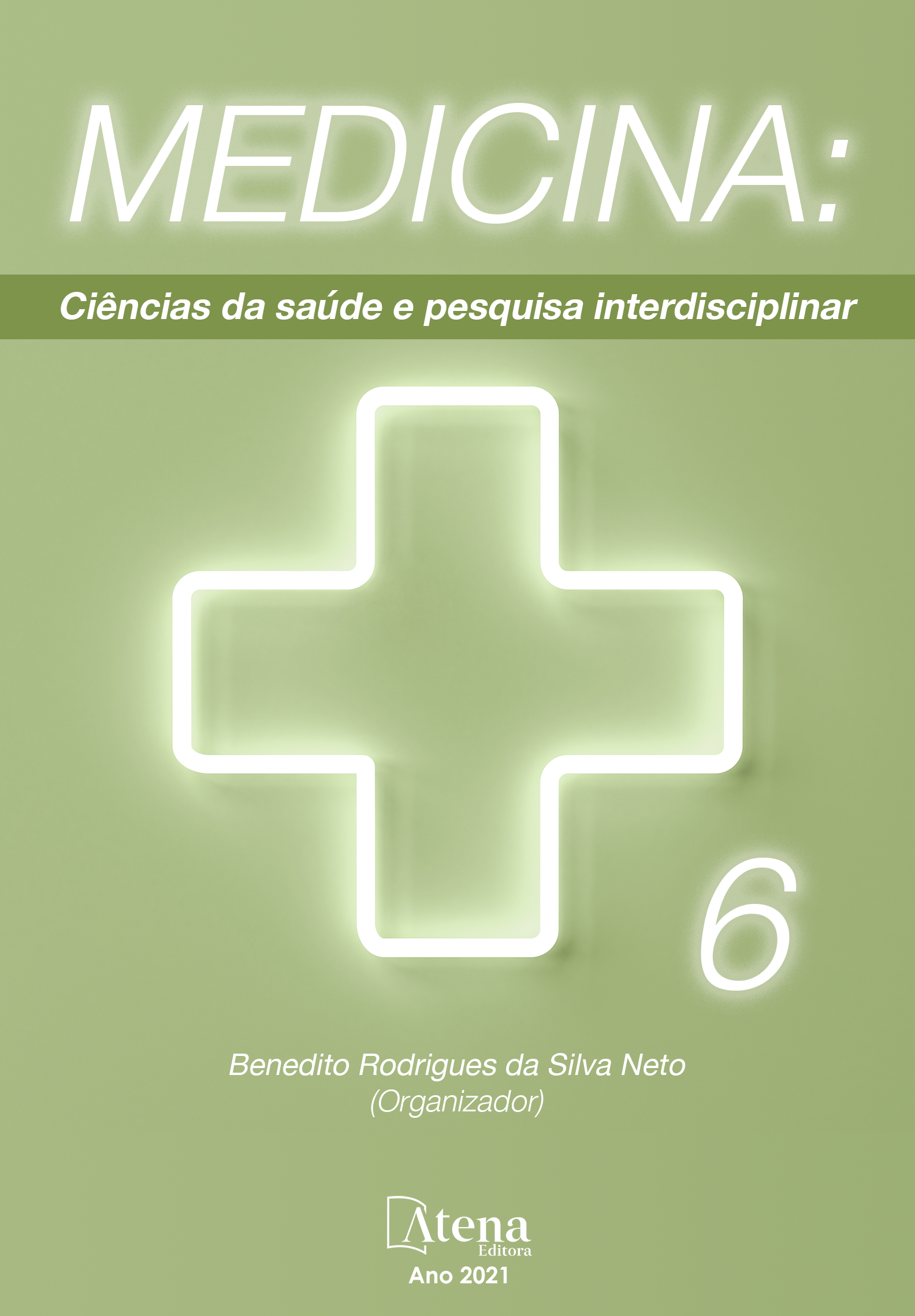
Os prejuízos cognitivos da eletroconvulsoterapia.
A eletroconvulsoterapia (ECT) é um dos tratamentos mais controversos na medicina, principalmente por causa do mecanismo de ação ainda desconhecido e da incerteza sobre os efeitos colaterais cognitivos. A ECT é utilizada principalmente quando medicamentos antidepressivos não resultam em resposta adequada na depressão severa, podendo ser indicada também para outros transtornos. Durante a fase aguda pós eletroconvulsoterapia há melhores resultados cognitivos com ECT unilateral em comparação com a ECT bilateral. Esta revisão bibliográfica tem por objetivo analisar a validade da eletroconvulsoterapia apesar dos prejuízos cognitivos e a eficácia da eletroconvulsoterapia. O método utilizado foi uma revisão literária com base em artigos publicados no Scielo e Pubmed. Foram utilizados 18 artigos eletrônicos em língua inglesa em um recorte temporal de 10 anos, utilizando-se como descritores o termo eletroconvulsoterapia em título, bem como prejuízo cognitivo em todos os campos. Observamos que os indivíduos mais velhos são os que mais se beneficiam da ECT, com taxas de resposta mais rápidas e taxas de remissão mais altas em respondentes rápidos, por outro lado possuem maiores risco de efeitos colaterais cognitivos induzidos pela eletroconvulsoterapia. A amnésia anterógrada e retrógrada geralmente são resolvidos dentro de meses. A recuperação da amnésia retrógrada pode ser incompleta, resultando em uma amnésia permanente para eventos que ocorreram perto da hora da ECT. A eletroconvulsoterapia unilateral direita ou bilateral foi mais eficaz no tratamento da depressão do que a unilateral esquerda. Pacientes que utilizaram a eletroconvulsoterapia unilateral direita apresentaram menor comprometimento da memória verbal e recuperação pós-ictal e reorientação mais rápidas em relação a unilateral esquerda e bilateral, já a ECT unilateral esquerda apresentou um menor declínio na memória visual e testes não verbais. A ECT bilateral é mais eficaz e de ação mais rápida, porém está associada a mais deficiências cognitivas em comparação com a ECT unilateral. Podemos concluir que a ECT é um tratamento eficaz, seguro e tolerável, que resulta em taxas de remissão mais rápidas e mais altas em comparação com o tratamento isolado com farmacoterapia. Os efeitos cognitivos são amplamente transitórios, normalmente cessando em três meses. A decisão de utilizar ECT unilateral direito, esquerdo ou bilateral deve ser feita individualmente para o paciente e deve ser baseada em uma avaliação cuidadosa das prioridades relativas de eficácia versus minimização de comprometimento cognitivo.
Os prejuízos cognitivos da eletroconvulsoterapia.
-
DOI: 10.22533/at.ed.66221100916
-
Palavras-chave: Eletroconvulsoterapia, Prejuízo cognitivo.
-
Keywords: Electroconvulsive therapy, Cognitive impairment.
-
Abstract:
Electroconvulsive therapy (ECT) is one of the most controversial treatments in medicine, mainly because of its still unknown mechanism of action and uncertainty about cognitive side effects. ECT is used mainly when antidepressant medications do not result in an adequate response in severe depression, and may also be indicated for other disorders. During the acute phase after electroconvulsive therapy there are better cognitive outcomes with unilateral ECT compared to bilateral ECT. This literature review aims to analyze the validity of electroconvulsive therapy despite the cognitive impairment and effectiveness of electroconvulsive therapy. The method used was a literary review based on articles published in Scielo and Pubmed. Eighteen electronic articles in English were used in a 10-year time frame, using the term electroconvulsive therapy as descriptors in the title, as well as cognitive impairment in all fields. We observed that older individuals benefit the most from ECT, with faster response rates and higher remission rates in rapid responders, on the other hand they have a higher risk of cognitive side effects induced by electroconvulsive therapy. Anterograde and retrograde amnesia usually resolve within months. Recovery from retrograde amnesia may be incomplete, resulting in permanent amnesia for events that occurred close to the time of ECT. Right-sided or bilateral electroconvulsive therapy was more effective in treating depression than left-sided. Patients who used right unilateral electroconvulsive therapy had less impairment of verbal memory and post-ictal recovery and faster reorientation compared to left unilateral and bilateral, whereas left unilateral ECT showed a smaller decline in visual memory and non-verbal tests. Bilateral ECT is more effective and faster acting, but is associated with more cognitive impairments compared to unilateral ECT. We can conclude that ECT is an effective, safe and tolerable treatment, which results in faster and higher remission rates compared to treatment alone with pharmacotherapy. Cognitive effects are largely transient, usually ending within three months. The decision to use unilateral right, left, or bilateral ECT should be made individually for the patient and should be based on a careful assessment of the relative priorities of efficacy versus minimizing cognitive impairment.
-
Número de páginas: 5
- Eduardo Godoy Mellaci
- Marcio Eduardo Bergamini Vieira
- Maria Eduarda Godoy Mellaci


